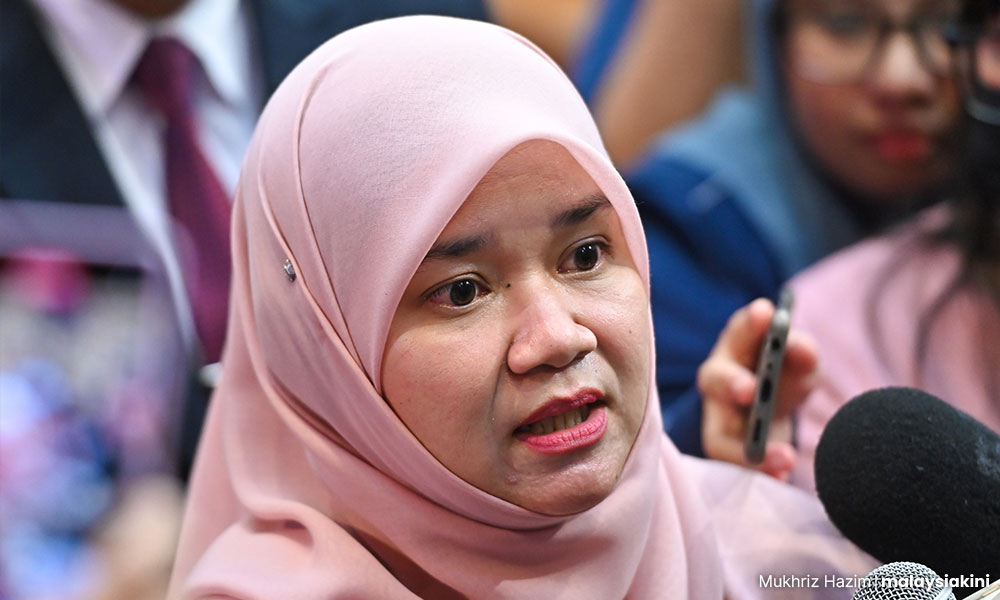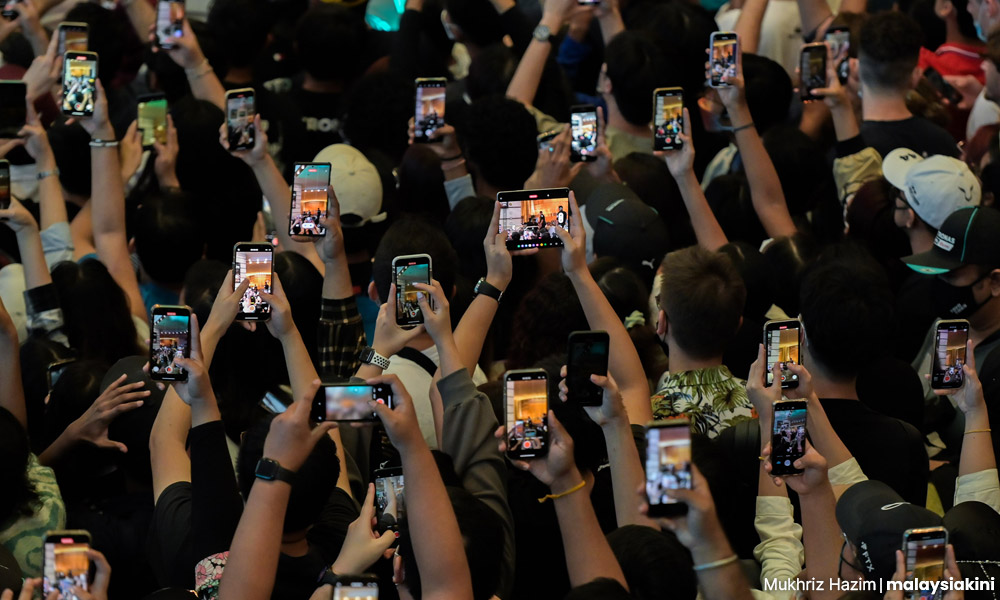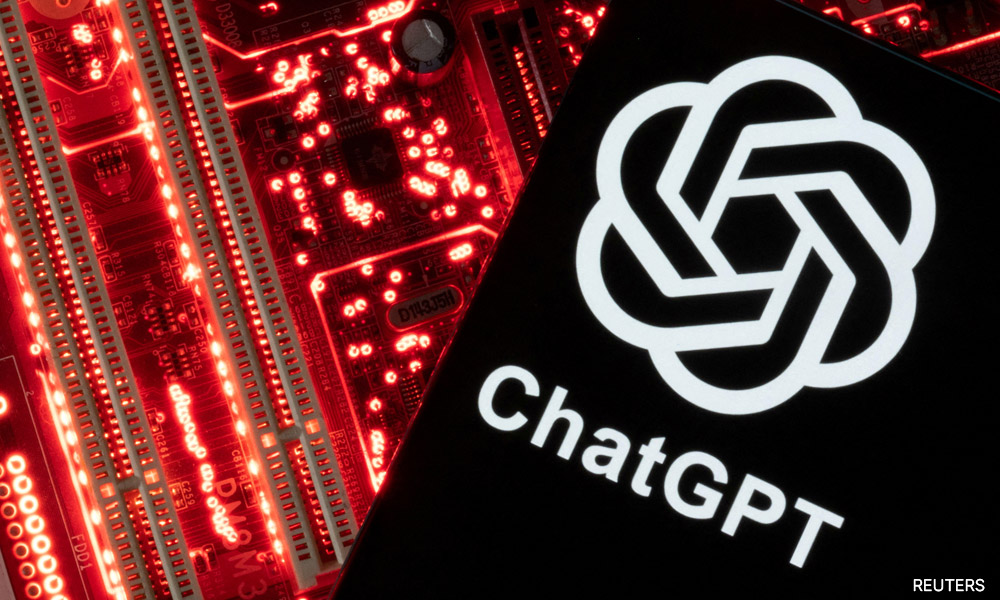Teachers’ Day is a special day for the appreciation of teachers - to honour their special contributions and their inspirational role in our lives.
Being an educator and the daughter of educators, being married to one and a mother to five children, I have seen Teachers’ Day being celebrated in all its various forms. Historically, it has been linked to significant events in a country, which is why different countries celebrate this day on different dates.
When is Teachers’ Day?
In India, the birthday of the second president Sarvepalli Radhakrishnan, Sept 5, is celebrated as Teachers’ Day since 1962 while in Bhutan, it is on May 2 - the birthday of the third king of Bhutan who introduced modern education to the country.
On May 16, 1956, the Federation of Malaya endorsed the Razak Report, one of four reports of the Education Committee which has been the basis of education in Malaysia ever since.
That is why we celebrate Teachers’ Day on May 16 and that is why, two days ago, I watched Education Minister Fadhlina Sidek shed emotional tears in honour of hardworking teachers in Malaysia.

Yes, as a retired lecturer myself, I too felt the emotional link with teachers, past and present. I remembered my mentors, my teachers, and also my students who helped me navigate my way as a student and as an educator. Yes, I too shed a few tears on Teachers’ Day.
How relevant is the teacher?
Back in the 1960s, when my father was a lecturer at the Malayan Teachers College, teachers expected that what they taught would last a lifetime.
After all, the fundamentals don’t change, or do they? I doubt very much if, at that time, Dad would have predicted the internet, or the ubiquitous use of online education, Google Docs, Google Sheets, and a whole plethora of online educational tools that needed a whole different set of skills.
Yet, this is where we are today, wrestling with the complexities of online learning, where things either move very fast or not at all if there is no internet access.
Our students end up knowing more than we do. As my grandson said the other day “I can just Google it. It’s faster than asking my teacher. Plus, he will just Google it too. Why do I have to go to school?”
Therein lies the crux of the matter. How relevant is the teacher in a modern school setting?
Teaching with the future in mind
So, on Teachers’ Day, while we count the number of tweets we received from adoring students, the number of likes on our Facebook page, or the numerous WhatsApp messages on our phones, we need to realise that we continue to produce more of the same knowledge and skills that do not differ much from 50 years ago.
The medium has changed from pen and paper to the internet, and the slate has given way to the iPad but at its core, what has really changed?

More than 14 centuries ago, the far-sighted Saidina Umar Al-Khattab, a senior companion and father-in-law of Prophet Muhammad (peace be upon him) said: “Educate your children differently from your current situation because they were made for a time that is not your time.”
Umar Al-Khattab was right. Our schools need to prepare students for jobs that have not yet been created, technologies that have not yet been invented, and problems that we don’t yet know will arise.
Are we ready for that? Our teachers and lecturers are overburdened with credentialing - being so obsessed with assessing an individual’s knowledge, skill, or performance level, that we have missed the forest for the trees.
In trying to quantify excellence, we sometimes miss those who excel in preference for those who complete their record book. Sometimes, what looks good on paper does not necessarily translate into an excellent teacher.
Will we be left behind?
A long time back, when I was a house officer in Kota Bharu, I remember a salesperson coming to the house selling the Encyclopaedia Britannica. He would come monthly with a new volume and the highlight was when the entire alphabet was complete, and we received all the volumes along with a special bookcase for the encyclopaedia.
Then things changed. By the time that encyclopaedia reached the printing press, it was already outdated.
Then in 2001, we had to contend with Wikipedia, something many of our educators were not comfortable with. Many of us were caught unaware, without the skillset to deal with this new knowledge source.
Now, we are faced with our latest nemesis - ChatGPT - and again instead of taking it as a challenge, instead of changing out teaching methodologies, we worry that our student essays will be rendered irrelevant, or that we come to rely on ChatGPT for doing everything from our children’s homework to their university essays.

An analysis estimates that ChatGPT had 100 million active users in January, only two months after its launch. How do we cope? Are our teachers equipped to deal with this? More to the point, is our education system able to catch up with the technology, or will our teachers be left behind yet again?
We live in a fast-changing world. Networking, knowledge-sharing, social entrepreneurship, are our students ready for that? Yet we continue to produce more of the same knowledge and skills, albeit in a different form.
This will not suffice to address the challenges of the future. That kind of thinking is no longer relevant today.
I think every teacher faces a similar conundrum. How do we foster motivated, dedicated learners and prepare them to overcome the unforeseen challenges of tomorrow?
We live in a data-driven world. Are we up to the challenge of formulating an educational model that seeks to transform data into information and into knowledge and, ultimately, wisdom?
A tall order indeed, but not unattainable given its roots go as far back as 1939 when TS Eliot asked “Where is the wisdom we have lost in knowledge? Where is the knowledge we have lost in information?”
So, minister Fadhlina, I understand your tears on Teachers’ Day. I understand the challenges ahead. You have youth and energy on your side, and you have my vote of confidence. Happy Teachers’ Day.
DR ZALINA ISMAIL is a former professor in neurophysiology at the School of Health Sciences, Universiti Sains Malaysia and a fellow of the Foundation for Advancement of International Medical Education and Research.
The views expressed here are those of the author/contributor and do not necessarily represent the views of MMKtT.




No comments:
Post a Comment
Note: Only a member of this blog may post a comment.